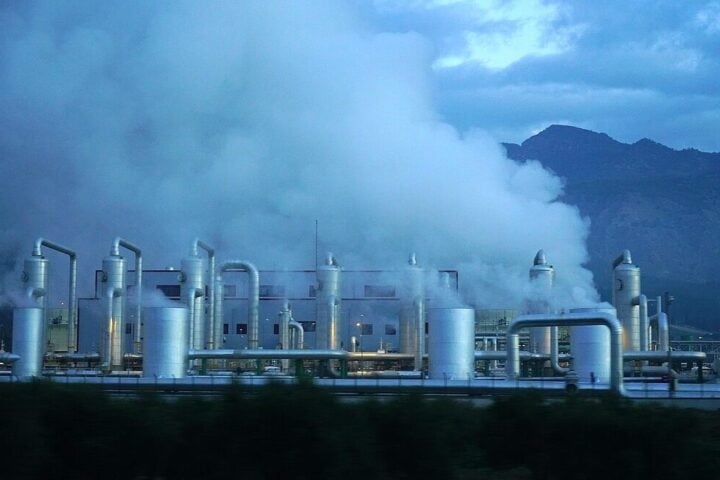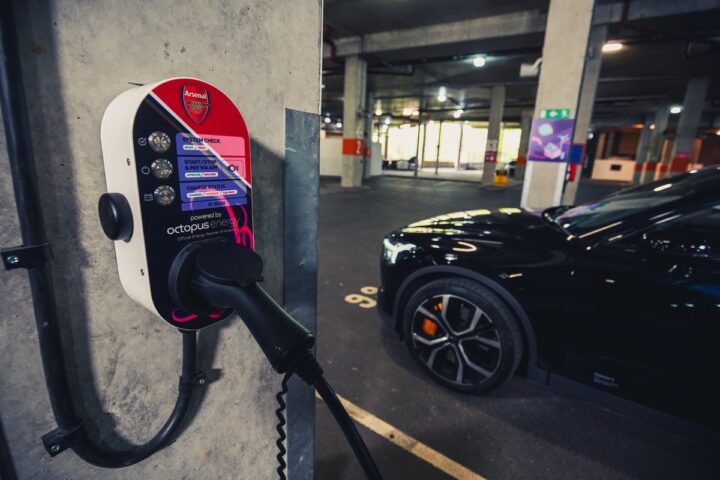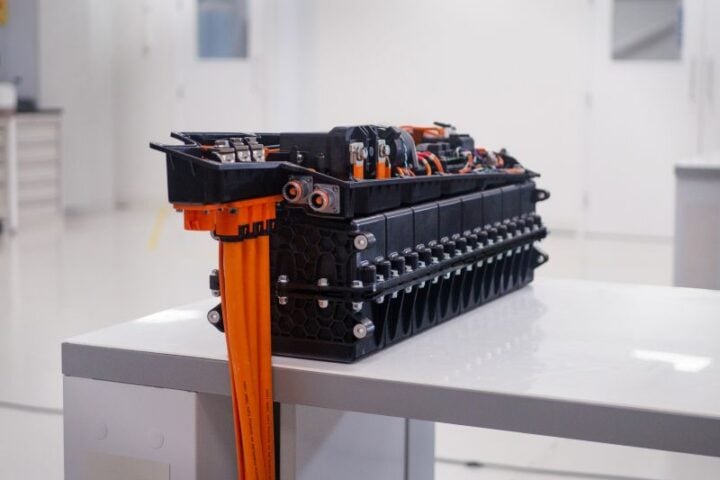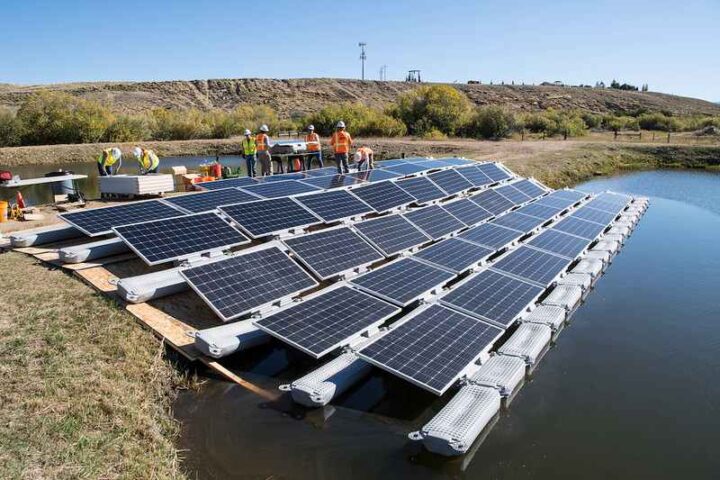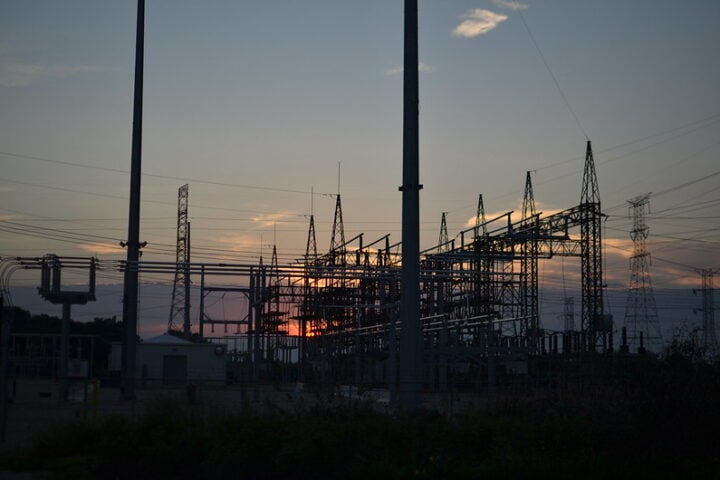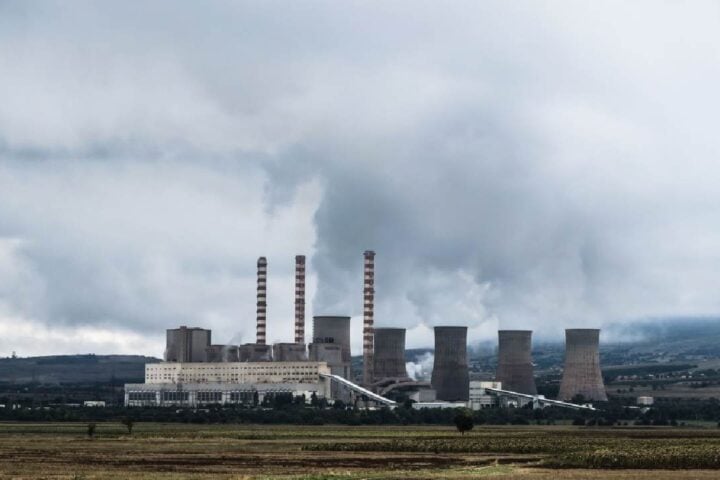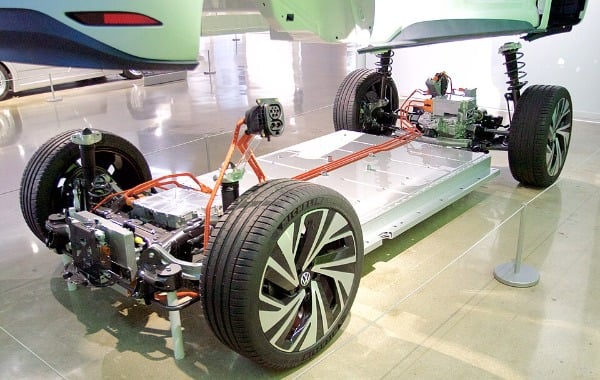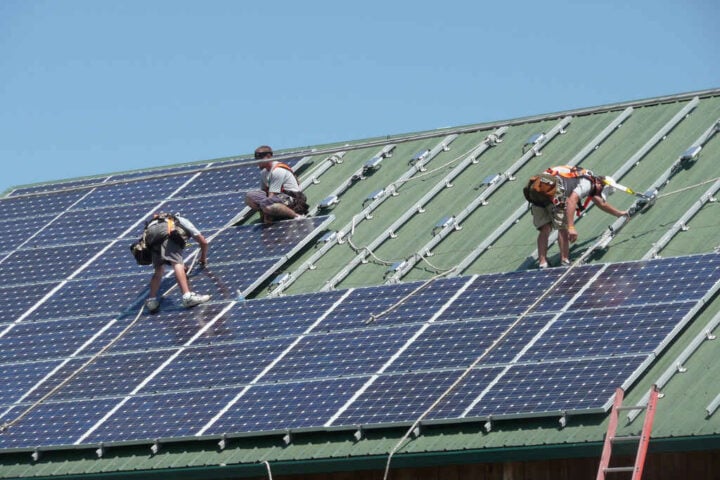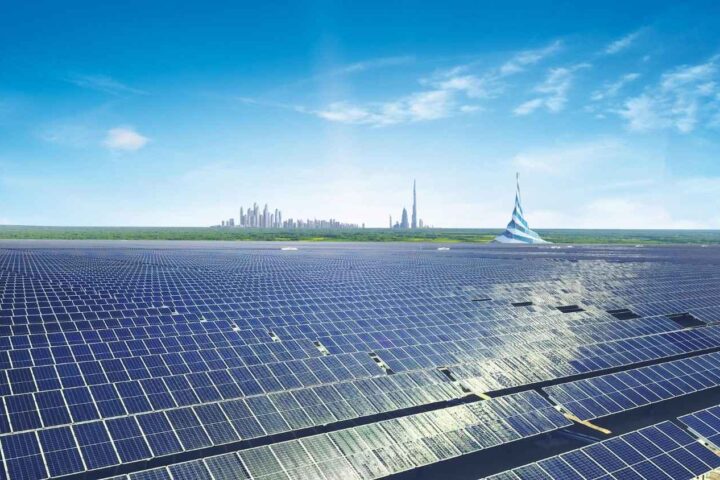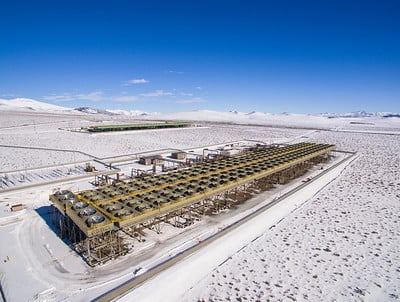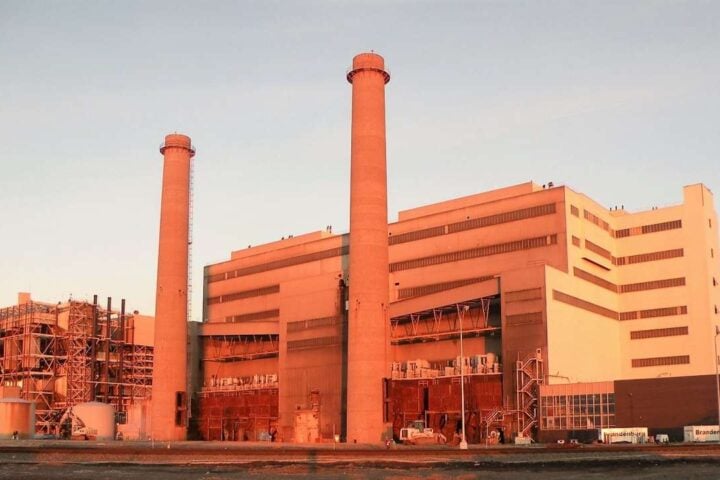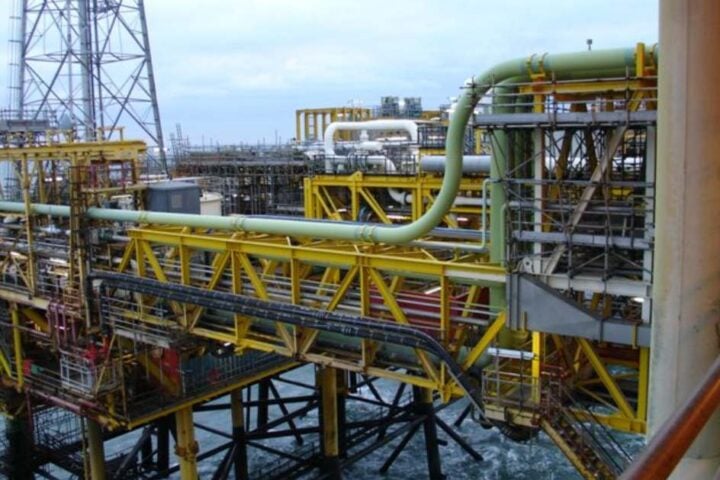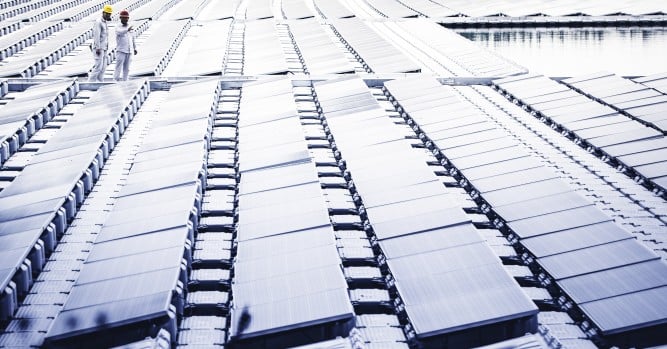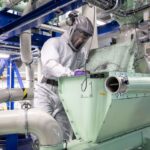While many car manufacturers are shifting towards fully electric vehicles, Porsche has been developing a way to keep gas-powered engines sustainable. Instead of abandoning the internal combustion engine, Porsche has focused on the fuel that powers it. The company has been working on creating an eFuel that can make gas engines more environmentally friendly and might probably be a game changer for gas-powered cars. Recently, Porsche announced that a pilot plant in Punta Arenas, Chile has started producing the company’s climate-neutral eFuel, which could potentially replace traditional gasoline in cars. It has taken Porsche about five years to reach this point, during which time it has collaborated with multiple companies including HIF, ExxonMobil, and Siemens Energy, to explore the potential of using Chile’s renewable energy sources and shipping infrastructure to produce eFuel.
In the future, Porsche plans to independently and extensively advance the development of synthetic fuels known as eFuels. Michael Steiner, Member of the Executive Board, Research and Development, said, “This technology is critical because the internal combustion engine will continue to be prevalent in the automotive industry for many years to come. If we want to operate the current fleet in a sustainable way, eFuels are a fundamental component.” eFuels are created from CO2 and hydrogen using renewable energy, and they have the same properties as traditional fuels like kerosene, diesel, or gasoline, but they can be climate-neutral. Porsche already has a fully electric model, the Taycan, and many models now have hybrid options, but according to Steiner, “electric mobility is an exciting and convincing technology, but it alone is not progressing fast enough towards our sustainability goals.” That’s why Porsche is also committing to eFuels and exploring potential applications in motorsports.
“We have a team that is looking for suitable partners who want to build pilot plants with us and prove that the entire process chain works and can be industrialised,” says Michael Steiner, who is in charge of R&D at Porsche. “Porsche wants to help shape this chain, but at the same time, doesn’t want to define it down to the smallest detail alone.”
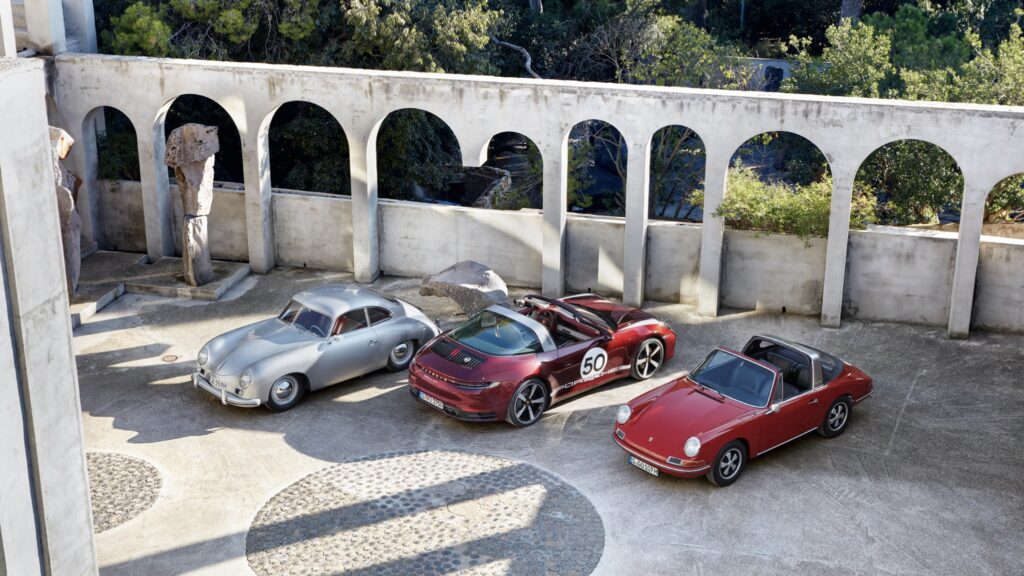
Despite an increasing shift towards electrification, Porsche sees a continued demand for eFuels. While the company has set a goal for half of all vehicles sold to be electric by 2025, the current fleet is substantial. According to Steiner, “our cars are driven for a very, very long time,” and while hybrids can run on electric power for short distances, they rely on their internal combustion engines for longer trips. Porsche doesn’t plan to phase out pure combustion engines and focus solely on hybrids and electric cars, instead, they believe that all three types of drive technology will coexist in the market in the medium term. Fuel cells, however, are not part of Porsche’s current future plans.
Steiner expresses a desire to play a role in shaping the specifications of a new synthetic fuel, stating, “We absolutely want to help with this process so that the fuel is suitable for high-performance engines. When E10 came onto the market, the blend had some disadvantages. It must be different this time: it must have advantages.” He goes on to acknowledge that charging electric cars directly with regenerative energy is more efficient, but argues that prioritizing sustainability over efficiency is possible if surplus regenerative energy is utilized worldwide.
Steiner believes that the use of eFuels would not be an effective solution for reducing CO2 emissions in the current fleet of vehicles. He states, “For us, it would actually not be creditable here and now in the vehicle fleet. But there are countries like Switzerland that are moving in this direction.” He further adds that it would be unwise to wait for new regulations to be implemented before taking action, saying “If we all always wait until all the regulatory issues have been dealt with and only then start to develop, it will be too late”
Porsche’s eFuel could be the key for those who are passionate about their gas-powered cars and do not want to switch to an electric vehicle. This eFuel could enable them to keep driving their current cars in the future. Additionally, using eFuel in motorsports would be a significant step towards combating climate change and allowing gas-powered vehicles to continue participating in races.



